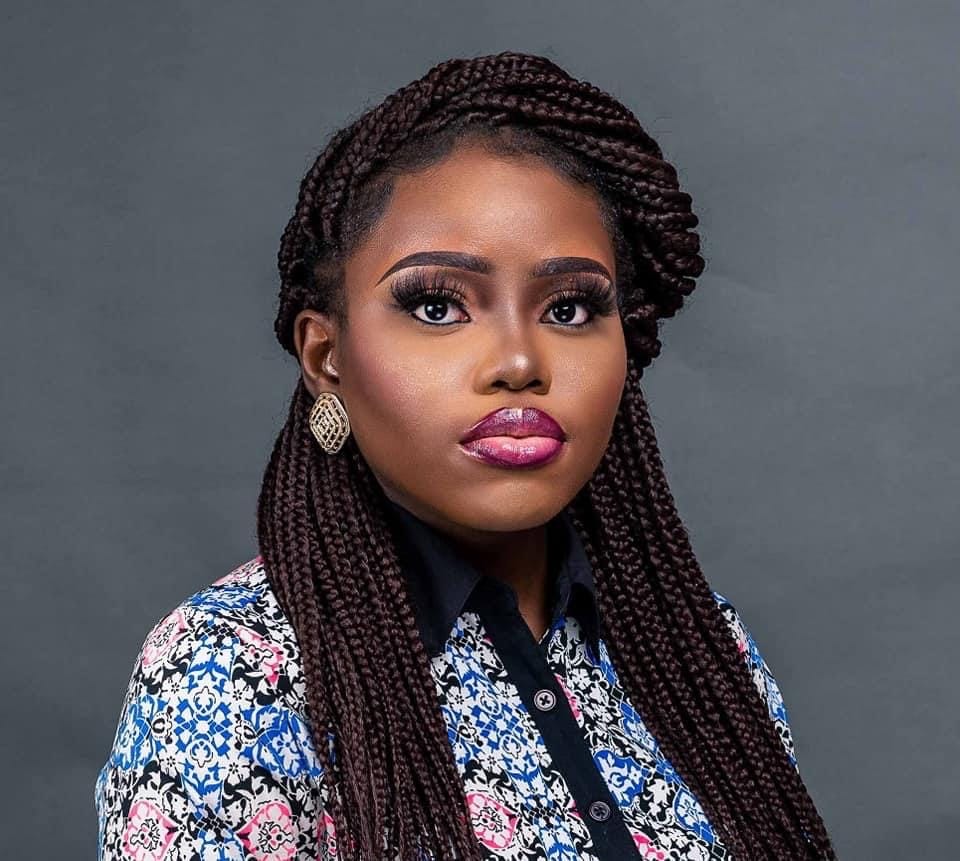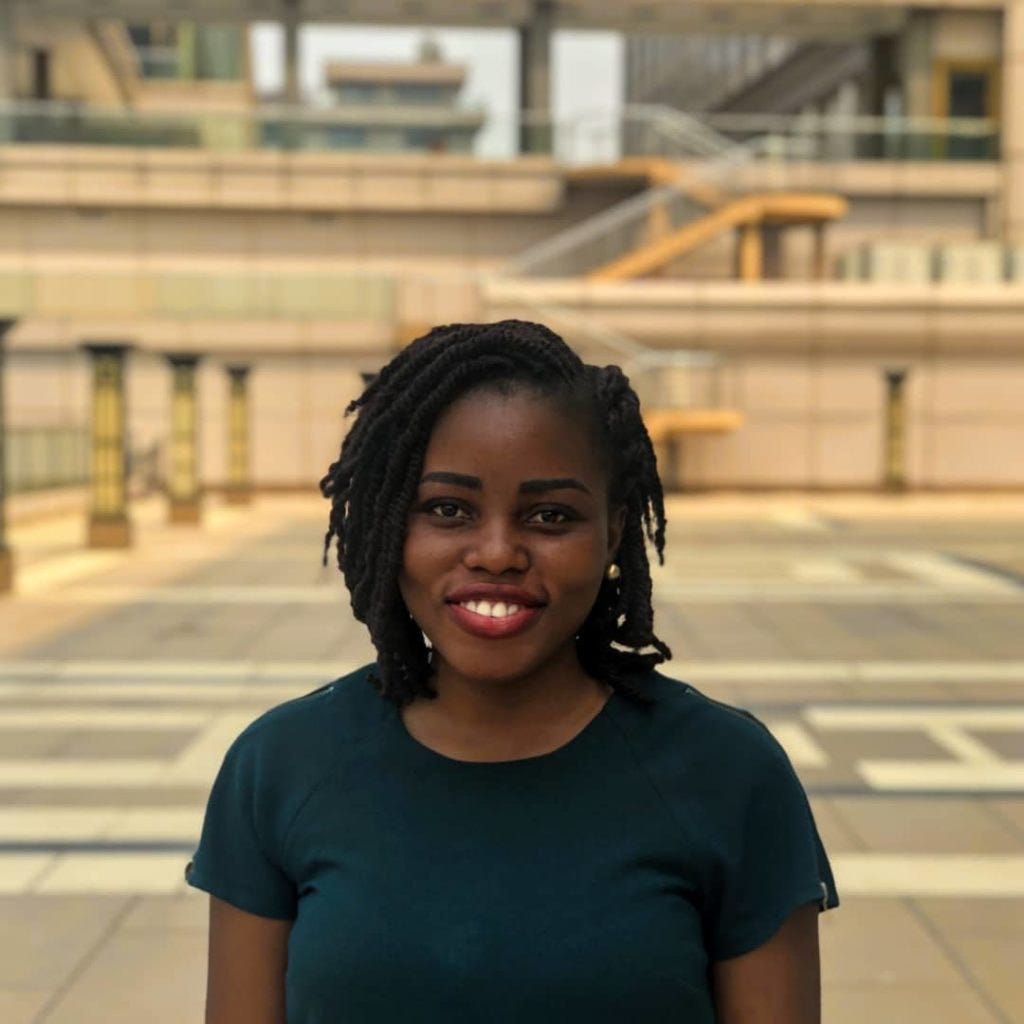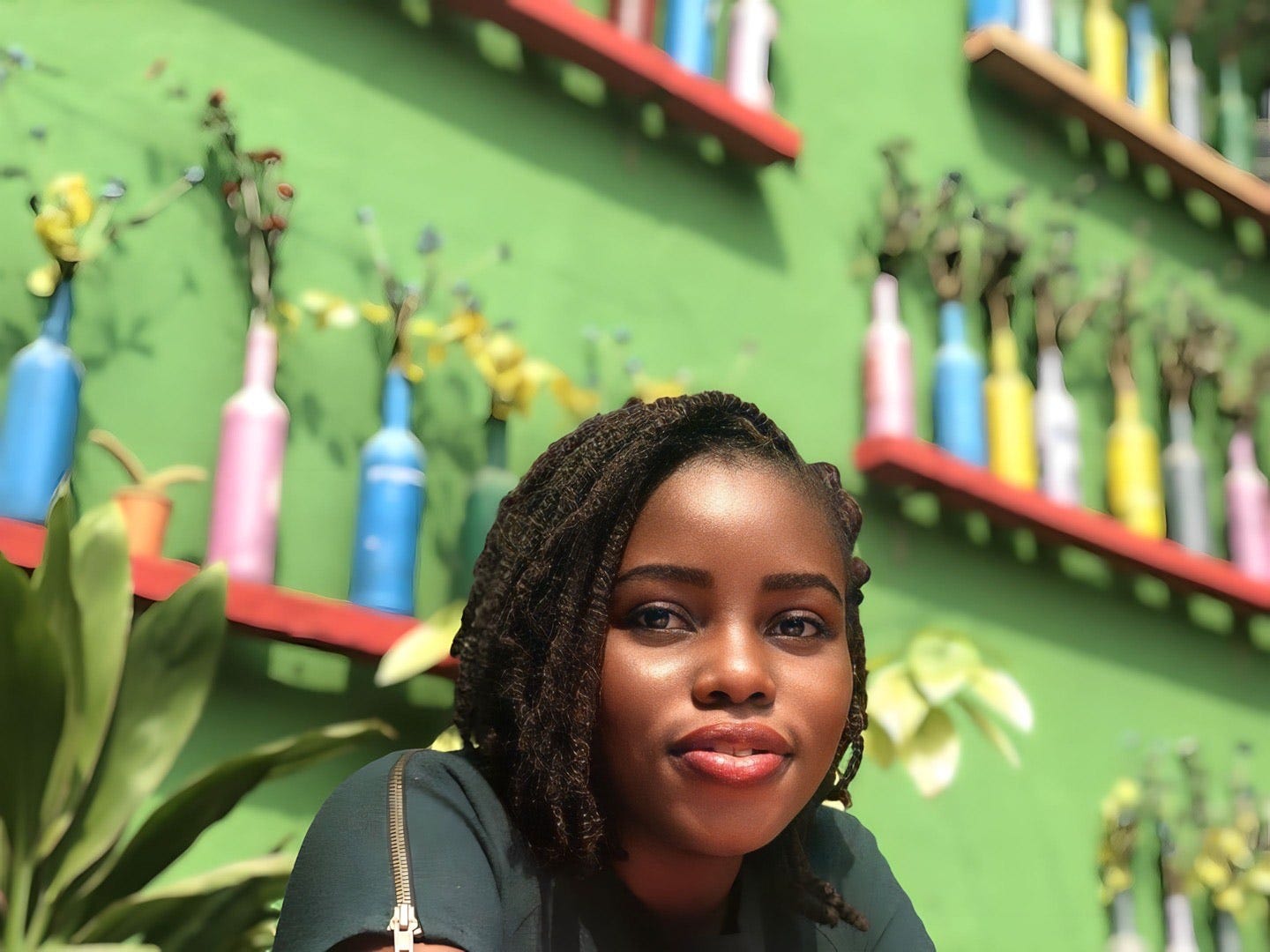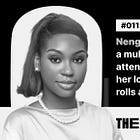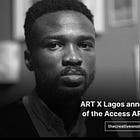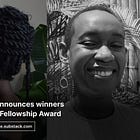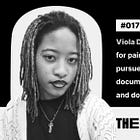A conversation with Yewande Akinse, award-winning poet and storyteller, on making impact and finding expression and transcendence through poetry
Yewande, a poet who doggedly seeks to change the narrative one poem at a time, has won the World Bank YouthActonEDU spoken word prize and Project Knucklehead Prize for Creative Rebellion.
In a special edition of the interview series, I spoke with Yewande Akinse, an award-winning Poet from Nigeria. With over 110 published poems to her credit, Yewande, a Lawyer and gifted storyteller, is the author of two collections of poetry titled ‘A Tale of being, of green and of ing..’ (2019) and ‘Voices: A collection of poems that tell stories’ (2016).
Yewande, a poet who doggedly seeks to change the narrative one poem at a time, has won the World Bank YouthActonEDU spoken word prize and Project Knucklehead Prize for Creative Rebellion.
In this conversation, she shares what led her to poetry, how and when she got started, what poetry means to her, the journey and experience so far, her upcoming project and what drives her.
In the beginning
While the journey to becoming a writer, poet and spoken word artist officially started for Yewande in 2009 during her undergraduate days at the University of Lagos, the story didn’t start there for her. For her, writing has always been that safe place where she goes to when things aren't going as well as they should.
“While growing up, I find myself alone most of the time and because of this, I battled with a lot of contradictions within me. I always couldn’t make sense of my emotions and feelings, but writing served as that go to place for me. It served as a medium of self-purgation and self-expression. It served as a harbour in the midst of turbulence,” Yewande tells The Creatives Note.
Yewande, a lawyer, says she has always loved language particularly the English Language. “Before gaining admission into the university for my first degree, I was exposed to literature, poetry, poems, and the works of African and European authors, poets and writers. So, I loved and was interested in the English language. I was interested in how it is used; both in speaking and in writing,” she shares.
“In my first year in the university, we were further exposed to the works of poets like Hope Eghagha, John Milton and many others. I realised that my talents and skills revolved around the spoken and written word. So, I began my journey into poetry (written and spoken poetry).”
Poetry: A way of life, expression and transcendence
Since Yewande began her journey as a poet, poetry has seeped deep into her essence. “Poetry has become a big part of me, and I do not see life without it. Poetry has really seeped deep into my essence and my being,” says Yewande. “For me, it goes beyond profit. It has become my voice. It has become a habit and a way of life for me because, like everything, it helps me to express myself.”
‘Numb Nimby’, an award-winning poem about the insecurity in Borno state, Nigeria, is a good example of how Yewande has used poetry to express herself and at the same time address a critical social issue. “To write the poem, I researched tribes in Borno, the state where the whole Boko Haram crisis started from,” she explains. “I really felt it when I was done writing it. The poem went on to win the Guardian Newspaper Prize for Poetry.”
For Yewande, poetry is also how she has been able to document her life experiences and share her feelings. “Instead of just telling someone what I have in mind to them, I prefer to write it down so that no matter what happens, it will always be there for them to refer to,” she shares. “It has always been how I cope with life. It is how I react whenever something traumatic happens to me. I just go back to a blank page and begin to write.”
For her, poetry is legacy and transcendence. “Poetry is how you leave something of worth behind. It is how you leave behind a voice,” she shares. “One of the poems in my poetry collection ends with this quote; ‘This serves as a reminder that I lived, I loved and grew through stages’. For me, poetry is immortality.”
Driven by a sense of urgency, Yewande wants to register her presence in the world with poetry. “I am driven by the sense of urgency to register my presence in the world. Many years down the line, when I am asked how I spent my youth, I don’t want it to be said that I spent it afraid,” she shares. “I am driven by a need to capture what it means to have lived through poetry.”
“Through my collections, I can see a growth pattern. Every time I read my first collection, I remember the state of mind that I was in when I wrote it. I was in a very low emotional state and was close to depression when I wrote it. And you can see this in the things I chose to write about; I chose the saddest of things to write about.”
This progression continues onto the second and now the third collection she is working on. “Writing is how I register my presence and how I register the stages that I am in life.”
Navigating lack of funding and opportunities
While writing and poetry has become a big part of her life, Yewande still has to deal with the feeling of quitting—even though she won’t—because of how turbulent it can be sometimes. Like every career, there are challenges and one of the challenges she faces is the lack of funding opportunities for poets. She says there are limited opportunities available to poets. Unlike other creative fields, finding opportunities as a poet is a lot harder.
“If I was doing poetry just for money, I would have given up a long time ago,” she notes. “If you eventually find one opportunity, some will require you to pay to enter for consideration. They ask you to pay a reading fee for them to read your work.”
For the opportunities that are not paid, the competition is very high because of how limited they are. “For example, a publishing company in the US put up an open call for poetry books and within five minutes of the open call, they closed it because they reached their target—300 manuscripts—in 5 minutes,” she shares.
From Yewande’s experience, poets are seen as half-writers and underdogs in the industry. But she notes that notwithstanding these challenges, people have been able to build a career off poetry. Some established options include participating in slam poetry competitions or being a page poet. “I am still navigating the ropes and finding ways to make consistent income from it. But for now, I pursue other side hustles beyond poetry and invest my personal fund into my poetry projects,” she reveals.
Beyond the personal funds she invests into her projects, she also invests in reading and attending seminars and conferences. “One good book can change your life,” says Yewande. “Reading and being a part of communities help me expand my mind and the way I think about life.”
Finding true satisfaction
Despite the barriers faced by Yewande, she continues to pursue her interest in poetry because she finds true satisfaction in the impact her work has (and will have) on people. “For me, it is more about the impact made in people’s life. I would like to hear someone say, “I read your poem, and it literally changed my life”. I will be excited to hear people say my art changed their perspective towards life or made them hope, dream or pursue their passion.”
“Currently, my works have been used as inspiration for songs. It has been used in movies, but for me, meaning and true accomplishments will be when it makes meaning in life.”
A collection of 100 poems
For her forthcoming project, which is set to be released next year (2024), Yewande reveals she is working on a collection of 100 poems inspired by her daughter. “My child (Sijuade) is my muse and inspiration for my forthcoming project. I just sat down and thought of what I would like to say to her when she grows. I don't know what life would be like then or if I'll still be here. So, I just want to leave something behind for her,” she explains.
“It’s the kind of collection that children will find relevant as they grow into adulthood. I set out to write a collection that my child can grow into as she grows and always find relevant. From my personal experience, the most impactful books that I have read were the books that I read as a child and still find application for even if I picked them up today.”
At the onset of the project, Yewande set a goal to write 100 poems that covers the whole life cycle of a human being, that is, from birth to death. “The first poem is about how a child is born and the last poem (the hundredth poem) is about passing, that is, death,” she explains.
“The other poems in the middle are about things I've seen and learnt about life that I want to pass on. These poems come from a place of emotion. They come from a place of experience. They cover things about friendship, the value of hard work, having value for intangible resources and a whole lot of other things.”
“It has been a mixture of my knowledge, experiences, and education, all mixed in a body of work.”
Currently completed and being proofed and edited by an editor, Yewande’s third collection of poems is expected to be published in 2024.
It’s all about the journey
Yewande believes that poetry is a journey and it’s all about the journey. “One thing I have realised about poetry and art is that you don't arrive. You can always do better if you keep going,” she shares. “So as a poet, whenever you write a poem that you feel is either bad or great, you need to know that you can always do better.”
“I would encourage young poets—and creatives, generally—to not give up on themselves, their art, and their creative process. They should always be true to themselves.”



